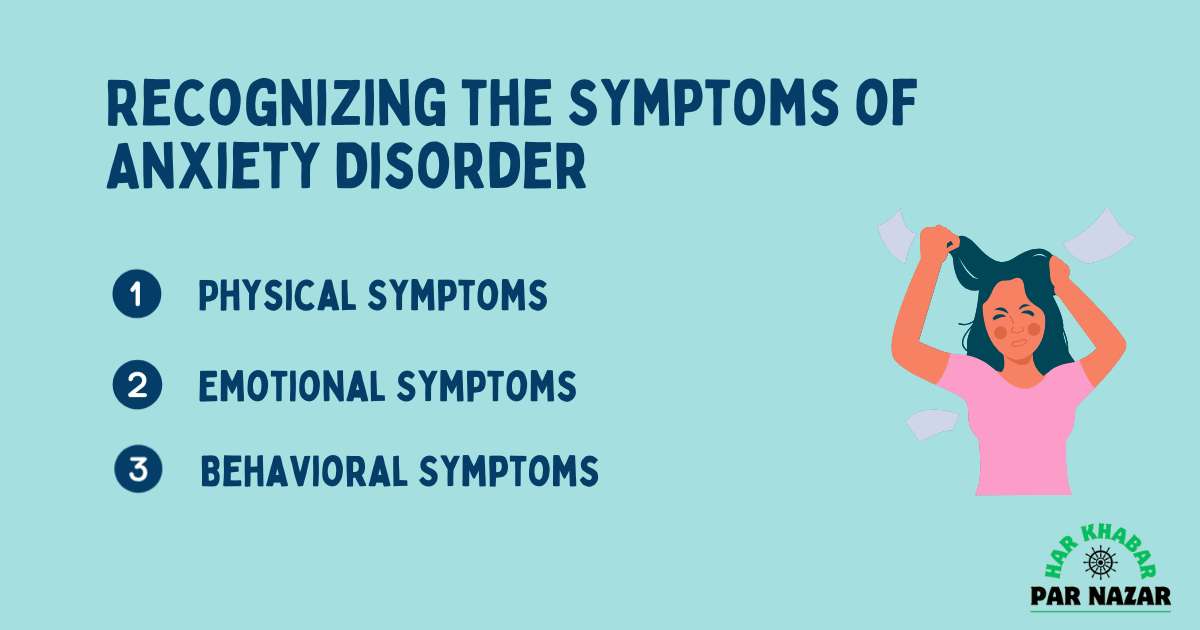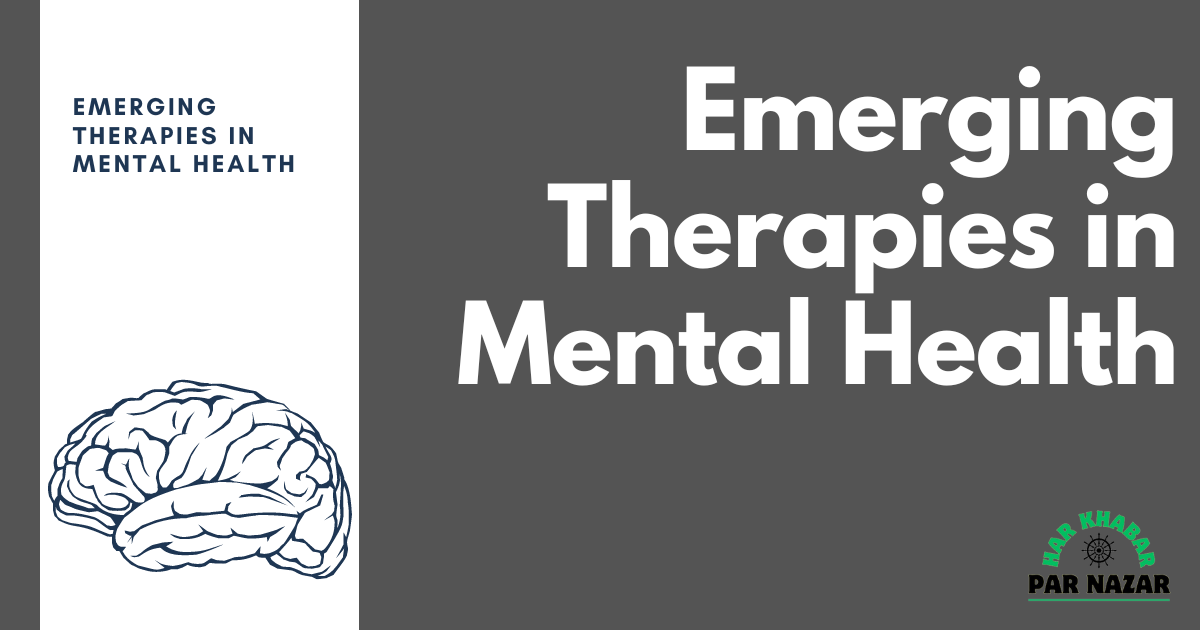.png)
Ultimate Guide to Effective Weight Management Strategies
Effective weight management can be challenging, but with the right strategies and mindset, it's achievable. This guide covers various methods, tips, and best practices for weight management, whether you want to lose weight, maintain a healthy weight, or make sustainable lifestyle changes.
Understanding Weight Management Techniques
Weight management involves a mixture of level nutrition, regular physical activity, and behavioral changes. It's not just about shedding pounds but maintaining a healthy weight long-term. Everyone's body is different, so it's essential to find techniques that work for you.
Effective Weight Loss Strategies
There are numerous weight loss approaches out there, but not all are effective or sustainable. Here are some proven methods to help you lose weight:
-
Calorie Deficit
Consuming more occasional calories than your body needs can lead to weight loss. Use a calorie calculator to decide your daily needs and create a deficit by eating less and exercising more.
-
Intermittent Fasting
This concerns cycling between times of eating and fasting. Popular methods include the 16/8 method (fasting for 960 minutes or 16 hours and eating during an 480 minutes or 8-hour window) and the 5/2 method (eating normally for five days and significantly reducing calories for two days).
-
Low-Carb Diets
Reducing carbohydrate intake can help you lose weight by lowering insulin levels and promoting fat burning. Examples include the ketogenic diet, Atkins diet, and low-carb Mediterranean diet.
Healthy Weight Management Tips
Preserving a healthful weight is not just about diet and exercise. It also involves making smart lifestyle choices that support your well-being.
-
Stay Hydrated
Drinking clean water can support you feel full and may boost your metabolism. Aim for at least 8 glasses of water a day.
-
Get Enough Sleep
Poor sleep can disrupt hormones that regulate hunger (ghrelin and leptin) and increase cravings. Aspire for 7-9 hours of quality sleep per night.
-
Mindful Eating
Expend awareness to what and when you eat. Bypass distractions like TV or phones during meals, and savor each bite.
Sustainable Weight Control Methods
Sustainability is key to long-term weight management. Short fixes and fad diets might offer brief results but often lead to gaining back the lost weight.
-
Balanced Diet
Include a combination of foods from all food groups, concentrating on whole grains, lean proteins, fruits, vegetables, and healthy fats.
-
Regular Physical Activity
Aim for 2 hours of moderate-intensity workouts or 75 minutes of vigorous-intensity activities per week, and do strength workouts at least twice a week.
-
Behavioral Changes
Identify triggers that lead to overeating or unhealthy choices and develop coping strategies. This might involve stress management techniques, seeking support from friends or a therapist, and setting realistic goals.
Best Practices for Weight Management
Adopting best practices can help you achieve and maintain your weight goals more effectively.
-
Consistency
Stick to your healthy habits, even on weekends or holidays. Consistency is crucial for long-term success.
-
Monitoring Progress
Maintain track of your nutrition intake, physical activity, and weight. This can assist you stay responsible and identify areas for progress.
-
Positive Mindset
Focus on progress, not perfection. Celebrate small victories and don't be too hard on yourself if you slip up.
Nutrition and Weight Management
Nourishment plays a vital role in weight control. Knowing what to eat and how much to eat is crucial.
-
Portion Control
Be aware of part sizes, and try to eat less, more frequent meals throughout the day.
-
Nutrient-Dense Foods
Pick foods that are high in nutrients but low in calories. This contains fruits, vegetables, whole grains, lean proteins, and healthy fats.
-
Limit Processed Foods
Decrease your input of processed and high-sugar eats, which can contribute to weight boost and other health issues.
Exercise for Weight Management
Physical exercise is an crucial part of weight management. It helps burn calories, build muscle, and improve overall health.
-
Cardiovascular Exercise
Activities like walking, running, cycling, and swimming can support you burn calories and enhance cardiovascular health.
-
Strength Training
Building muscle through weightlifting or resistance workouts can increase your metabolism and support you burn more calories at rest.
-
Flexibility and Balance
Incorporate activities like yoga or Pilates to improve flexibility, balance, and reduce the risk of injury.
Lifestyle Changes for Weight Loss
Sometimes, small lifestyle modifications can make a big difference in your weight management journey.
-
Meal Planning
Plan and ready your meals in advance to avoid unhealthy choices and ensure you're eating balanced meals.
-
Healthy Snacking
Pick healthy snacks like fruits, nuts, or yogurt rather of high-calorie, low-nutrient options.
-
Reduce Stress
Regular stress can lead to emotional eating and weight gain. Practice stress-reducing activities like meditation, deep breathing, or hobbies you enjoy.
Managing Weight Effectively
Effective weight management requires a combination of strategies tailored to your unique needs and preferences.
-
Personalized Approach
What works for one person may not work for another. Find a plan that fits your lifestyle and preferences.
-
Seek Professional Help
Consider consulting with a nutritionist, dietitian, or private trainer to create a personalized plan and receive ongoing support.
-
Stay Motivated
Keep your motivation high by selecting realistic plans, tracking your improvement, and awarding yourself for reaching milestones.
Successful Weight Management Programs
There are several successful weight management programs available that provide structure, support, and resources.
-
Weight Watchers
This program focuses on a points system, allowing flexibility in food choices while promoting healthy eating and physical activity.
-
Noom
A digital program that combines psychology, technology, and human coaching to help you build sustainable habits.
-
Jenny Craig
Offers pre-packaged meals and one-on-one coaching to help you lose weight and maintain it.
Conclusion
Effective weight management is a lifelong commitment that needs a mixture of healthy eating, regular physical activity, and behavioral changes. Stay motivated, stay consistent, and celebrate small victories along the way towards a healthier and happier you. So don't give up on your weight management journey - it's about making positive changes for life! Keep incorporating these tips into your daily routine and see how they make a difference in achieving sustainable weight control methods. Remember that every body is different, so find what works best for you and stick with it.you can achieve your weight management goals and maintain a healthy weight for life. Keep learning, keep adapting, and continue on your journey to better health. You got this!



